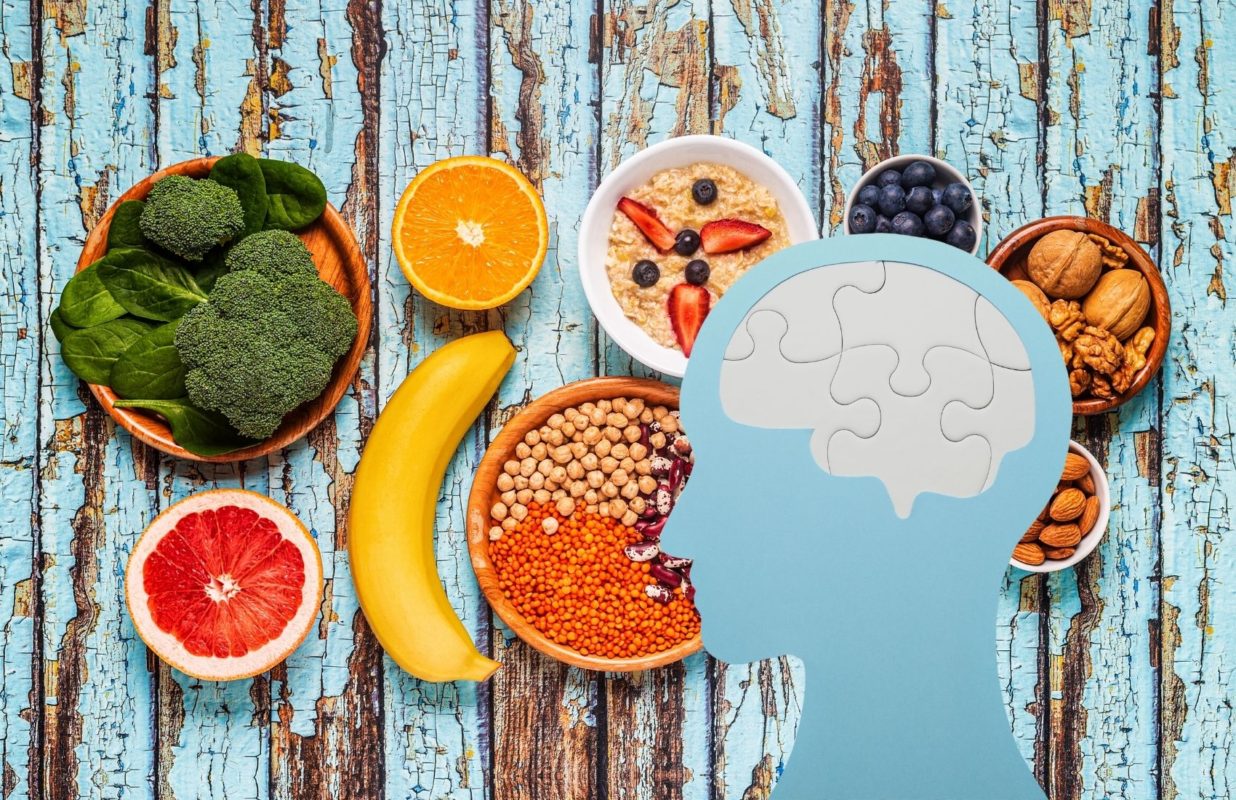LEARN MORE
The Mental Wellness Diet – What You Need To Consume
In this article, we’ll talk about the best foods to consume to help with depression and anxiety. Also known as The Mental Wellness Diet. A balanced diet should offer all of the nutrients required for optimal brain function. Antioxidant and anti-inflammatory substances and vitamins and minerals are found in a healthy diet, which may help lower oxidative stress and inflammation. People might adopt a range of lifestyle adjustments to control their anxiety better. A diet rich in vegetables, fruits, whole grains, and legumes may benefit. Reduced consumption of foods heavy in processed sugar, salt, and trans fats may help decrease inflammation.
Ginger
Ginger has 14 different bioactive compounds, as well as antioxidant capabilities. These substances have been demonstrated to improve cognitive performance and even protect the brain from oxidative stress. Ginger has also been shown in studies to impact serotonin levels and may be as effective as Xanax medicines in treating and reducing anxiety.
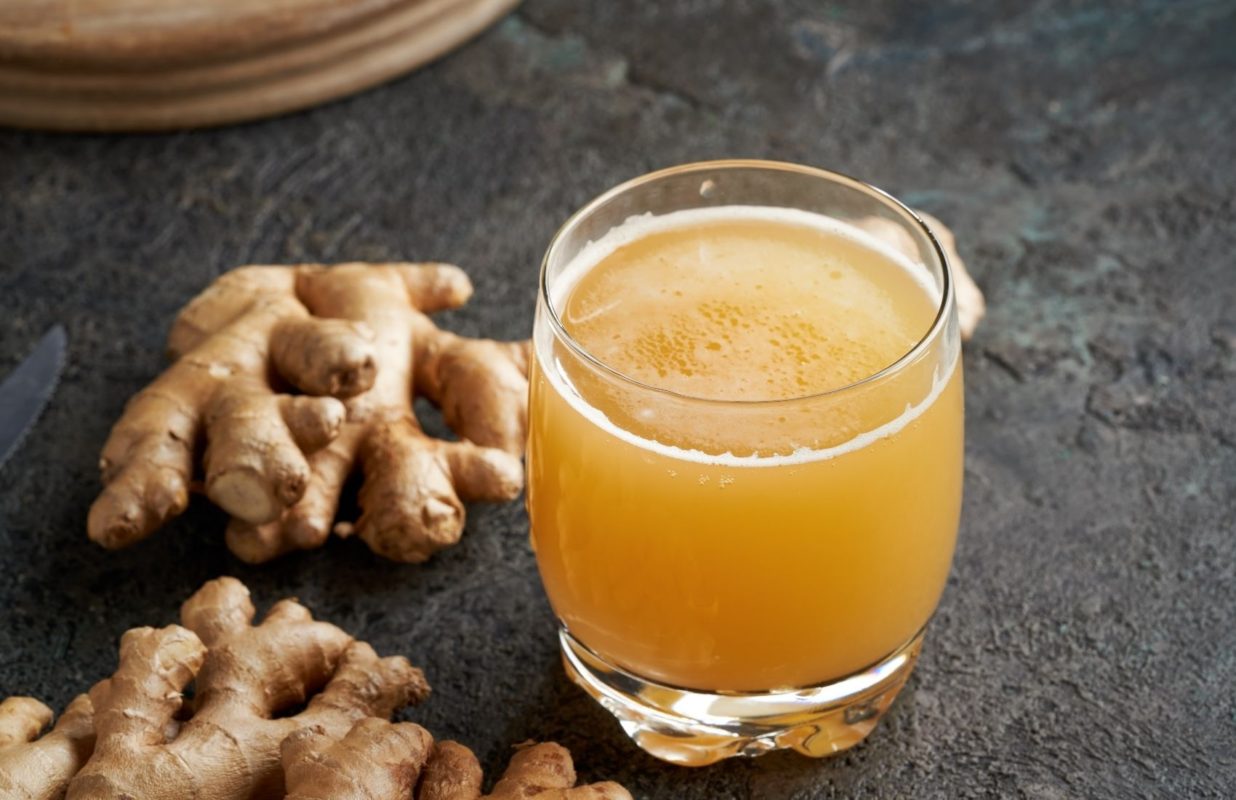
The Mental Wellness Diet- Maca
This stress-relieving hormone balancer is a powerful substance. Plant components found in maca, known as flavonoids, have improved mood, lower blood pressure, and alleviate depression.
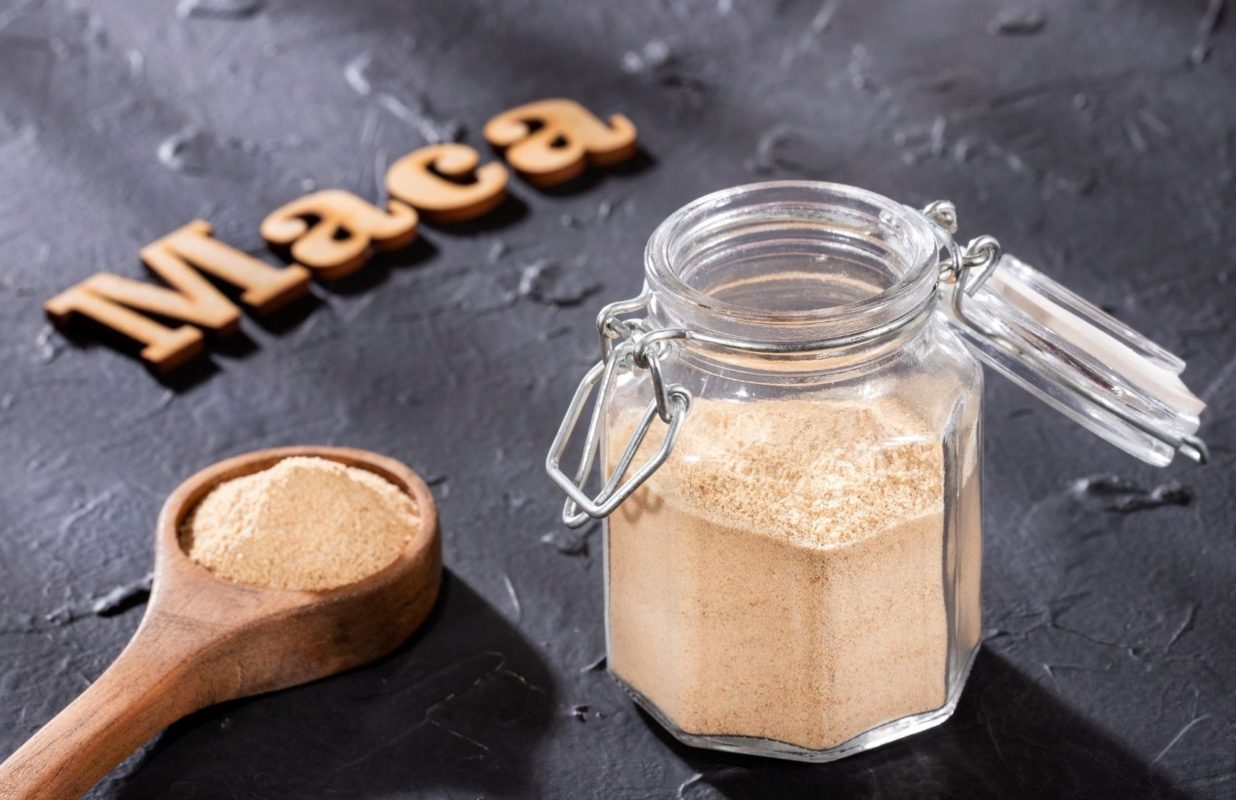
Turmeric
According to studies, turmeric may be equally as effective as Fluoxetine while having significantly fewer adverse effects. Curcumin, a bioactive component found in turmeric, has been related to treating anxiety, depression, and other conditions, potentially resulting from its ability to increase dopamine and serotonin levels.
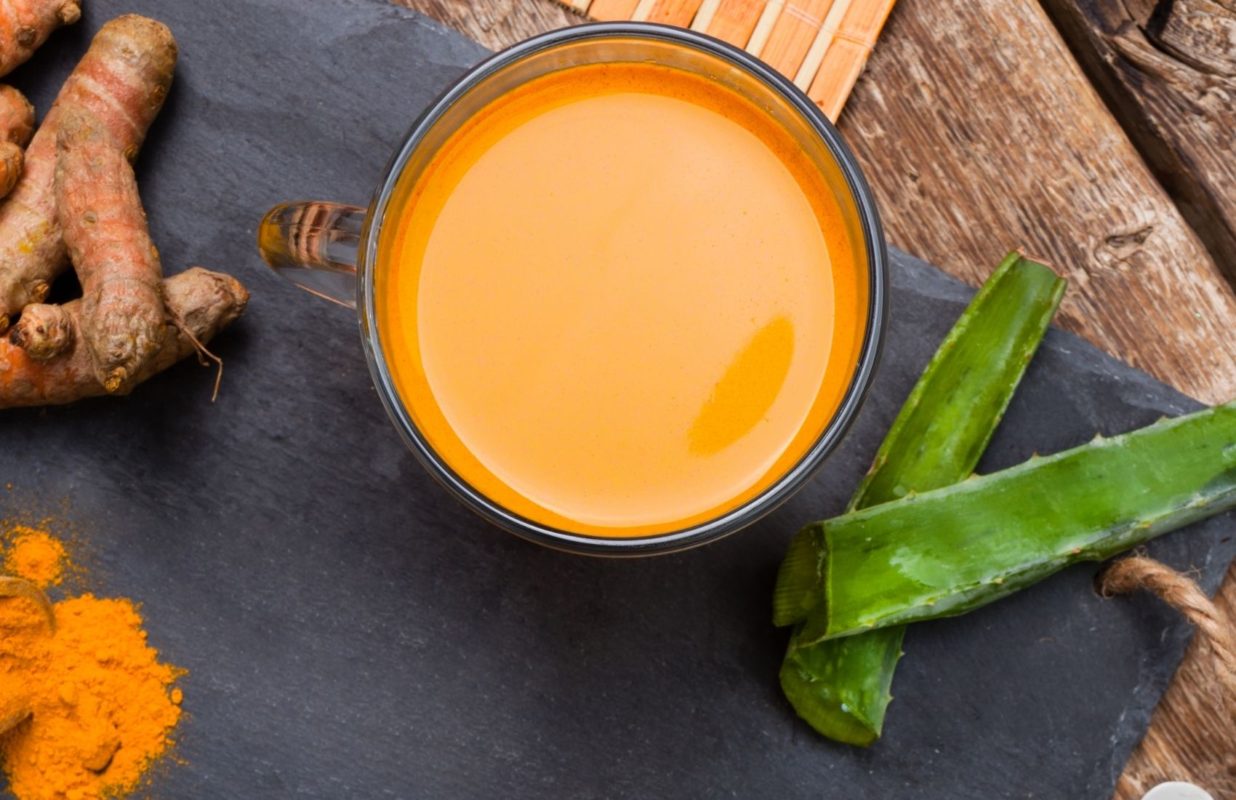
Ashwagandha
Ashwagandha is an adaptogen, a naturally occurring substance that aids our bodies in coping with and adapting to stress. The herb Ashwagandha, in particular, is a stress-relieving powerhouse. This adaptogen has been demonstrated to help with anxiety alleviation, cortisol reduction and fatigue.
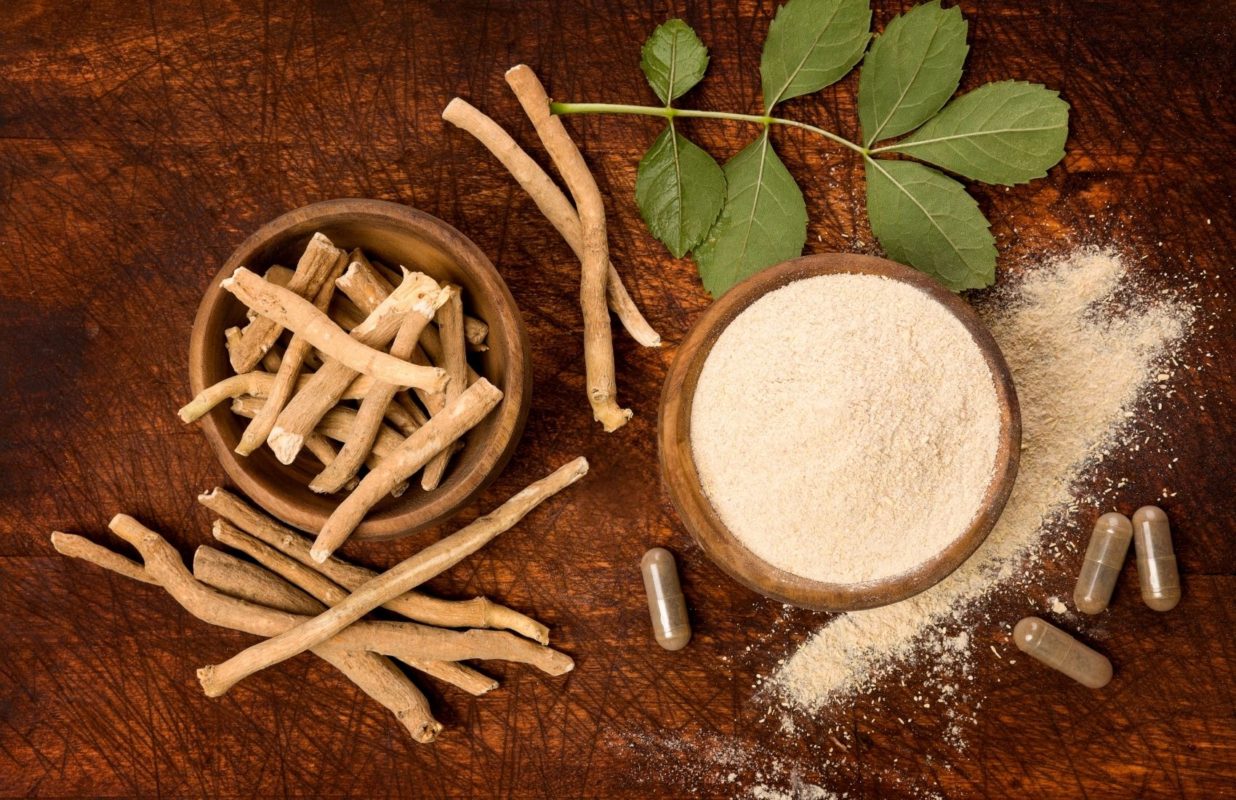
The Mental Wellness Diet – Micronutrients
Deficits in micronutrients may play a role in the onset of depression. The micronutrients zinc and magnesium have been investigated the most in relation to depression. According to research, selenium may potentially have a role in developing depression.
Zinc
Studies have found that poor zinc consumption leads to depressive symptoms and that people with depression have a lower blood zinc level. Zinc is rich in oysters, red meat, and poultry. Vegan food sources include beans, almonds, whole grains, fortified cereals, leafy greens, and mushrooms.
Magnesium
Magnesium-rich foods include nuts, seeds, legumes, leafy greens, whole grains, bananas, and avocados, which are vegan friendly. Magnesium inhibits the function of more stimulating neurotransmitters while binding to soothing receptors, resulting in a calmer, more restful state. It acts as a brake on your neurological system, helping to limit the release of stress chemicals such as cortisol.
Selenium
Low selenium levels have been linked to low moods in studies. Vegans can ingest selenium-rich foods such as legumes, nuts, seeds, and whole-grain pasta/rice.
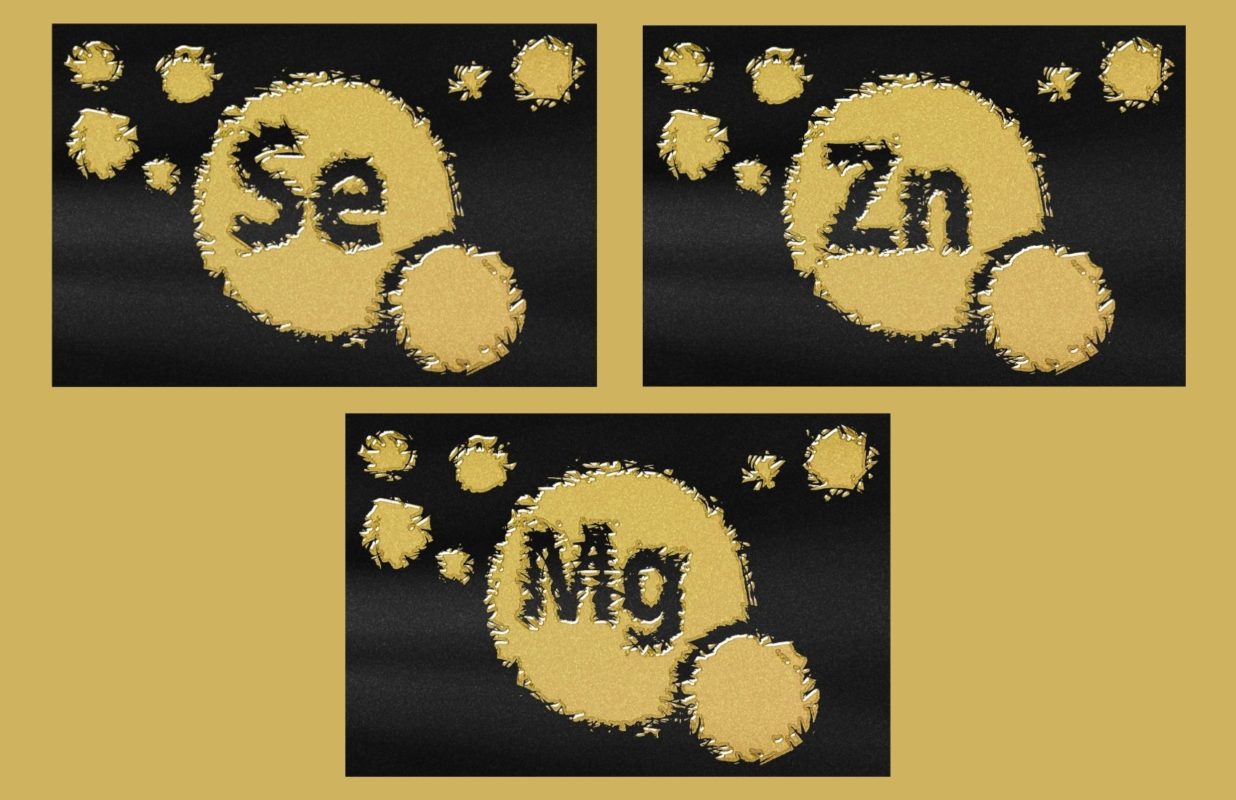
The Mental Wellness Diet – Consume Vitamin D
According to studies, low vitamin D levels have been linked to an increased risk of depression. We can obtain vitamin D from fish, cod liver oils, dairy products, fortified milk, cereals and eggs. Yet, most of the vitamin D we get is made by our bodies made from direct sunlight within the skin until winter gets closer and vitamin D levels eventually decrease. However, vegans are also more likely to have a vitamin D deficiency than individuals on other diets. Since it is even more difficult for vegans to get the right amount of vitamin D from food alone, supplements are the best way to boost your vitamin D intake.
Vitamin D3 formula provides a unique, patented form of the naturally-derived vitamin K2 MK-7 (from fermented chickpeas). The vitamin D from our supplement is from natural lichen (a type of fungi that provides cholecalciferol). Both are 100% natural and plant-based without any nasty ingredients. The formula is also free from dairy, gluten, and GMOs.

Click here to buy yours today.

